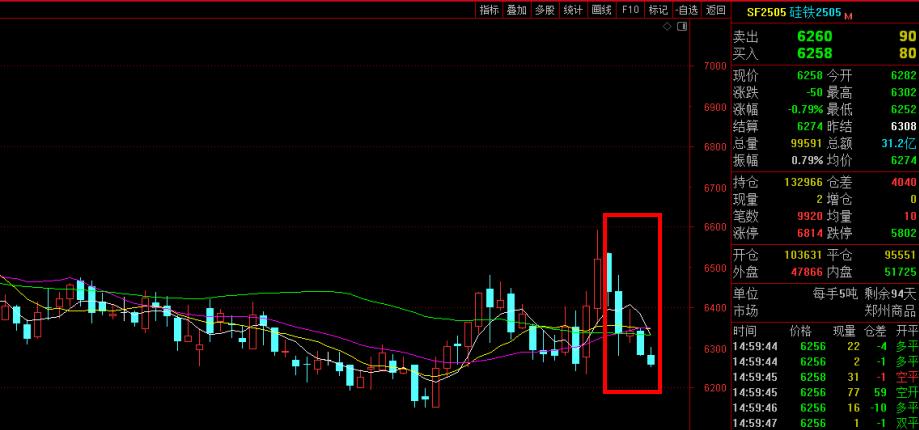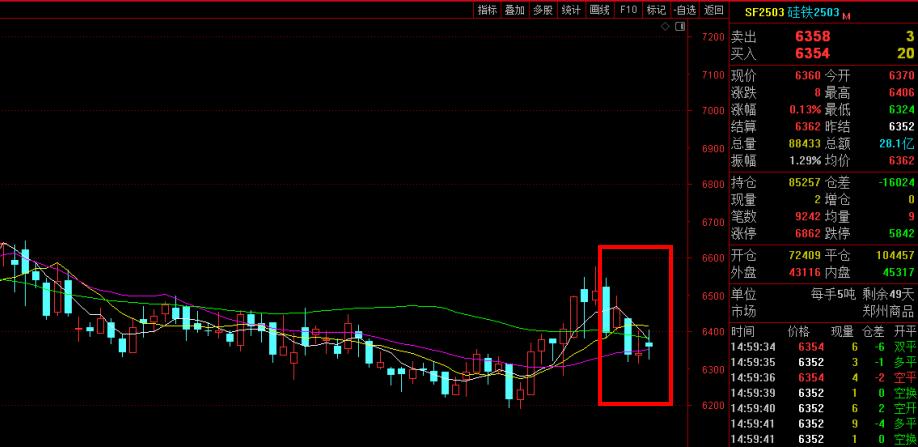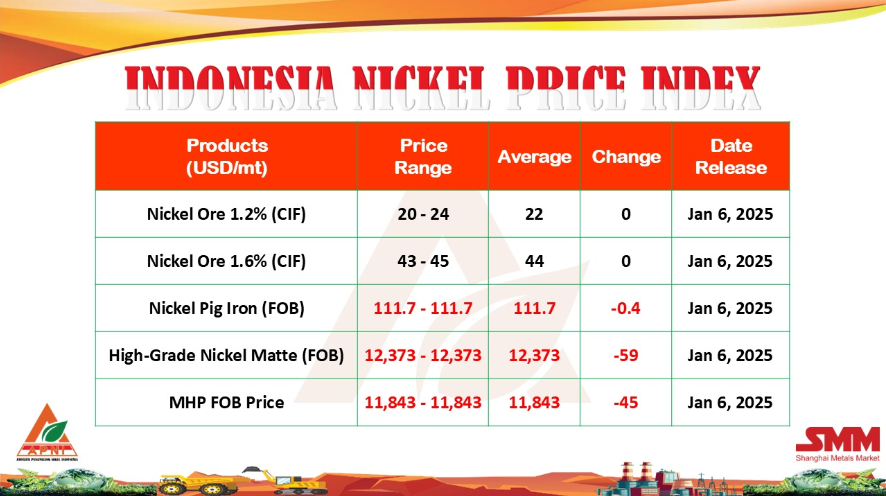[ferro-alloys.com]
JOHANNESBURG – The JSE-listed coal-mining company Wescoal is looking to possibly becoming a broader energy company in which coal remains a substantial but reducing component alongside other energy pursuits such as renewables, Wescoal interim CEO Robinson Ramaite said on Monday.
Outlining the company’s major challenges in an interview with Mining Weekly, Ramaite revealed that it is “more and more likely” that Wescoal – which now has five operating coal mines after last month delivering the first coal from Moabsvelden – will be positioning itself as a broad energy company focused on energy generation across different areas, including renewables, while maintaining a fair amount of coal involvement that will reduce over time.
The operations of the junior coal mining company, in which RBFT Investments last month increased its shareholding substantially, are focused mainly on supplying thermal coal to Eskom, in a context where there are increasing environmental issues, a drive towards renewable energy and a need to reduce carbon emissions in the medium to long term. RBFT is a consortium that has the Industrial Development Corporation and Simeka Capital Holdings among its investors.
Wescoal has an impressive path of having progressed from being a company trading coal to one currently supplying around 10-million tonnes of thermal coal a year to Eskom.
The company’s earnings before interest, taxes, depreciation and amortisation (Ebitda) have advanced to around R1-billion but despite admirable Ebitda and an underlying net present value of close to R3-billion, its market capitalisation is lagging at around R500-million.
Backed by his experience of being the long-standing Wescoal nonexecutive chairperson, a leading light with United Manganese of Kalahari (UMK) and chairperson of Simeka Group, Ramaite is intent on unlocking the true value of Wescoal during his period as interim CEO and of ensuring that Wescoal is seen as a promoter of renewable energy and climate change mitigation, at a time when the coal company is facing considerable pressure from funding institutions.
Wescoal is not alone in this, with even Eskom and local banks facing similar pressures from international funding partners.
"We have seen a number of international banks and asset managers saying that they are no longer allocating any money to coal operations. And dare I say that in some instances, it even affects you personally. You will have your bank calling you, saying, Mr Ramaite, we understand you are still in coal," he said.
“This is of concern to us because we want to be seen to be promoting renewable energy. The reality of South Africa, however, is that coal is going to be with us for quite some time. It’s a very big part of our energy mix. There is a drive towards improving our renewable energy and other forms of energy consumption but coal will still be here with us. For how long, we don’t know. I’m guessing 2050, or somewhere thereabouts. So, it still has quite some time to go but this does put pressure on coal mining companies, particularly if you are in a listed environment, to say well how do you mitigate this pressure from the environmental lobby groups but also how do you incorporate the need for genuine migration towards renewable energy. This is one of the challenges we’re facing as Wescoal and we have to respond by looking into transforming ourselves into a broader energy company where coal will just become one of the components.
“We're working through various proposals and assessing various scenarios but it's more and more likely that we’re going to go the route where we position ourselves as a broad energy company which is focused on energy generation across different areas, including renewables, while maintaining a fair amount of coal, because you can’t just dump it, you have to reduce it over time," he said.
“The second major challenge for Wescoal is that we are small. We don’t have big institutional investors. We are not seeing growth in our share price, despite having had tremendous growth from just trading coal a few years ago to now supplying Eskom with around 10-million tonnes of coal a year.
“There's been growth in Ebitda to around a billion rands yet we have this listed vehicle, which is really not performing. It’s under-valued quite drastically. It has a R500-million market capitalisation but with an underlying net present value of close to R3-billion. So, one of the challenges, from an interim CEO point of view, is how do you unlock this value, because shareholders who have been loyal to us over a period of time want to see that. Obviously linked to that is the fact shareholder value must also come in the form of dividends and any other measures that will help shareholders," Ramaite outlined to Mining Weekly.
- [Editor:Catherine Ren]



 Save
Save Print
Print Daily News
Daily News Research
Research Magazine
Magazine Company Database
Company Database Customized Database
Customized Database Conferences
Conferences Advertisement
Advertisement Trade
Trade














 Online inquiry
Online inquiry Contact
Contact

Tell Us What You Think